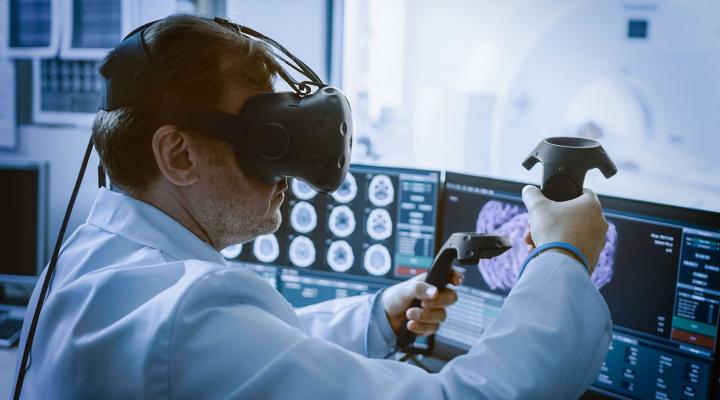Hello!
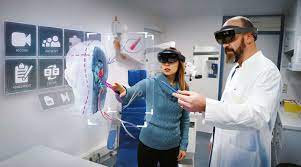 The healthcare industry has seen a significant transformation over the years, with the introduction of various technological advancements. Virtual reality (VR) is one such technology that is revolutionizing healthcare in many ways.
The healthcare industry has seen a significant transformation over the years, with the introduction of various technological advancements. Virtual reality (VR) is one such technology that is revolutionizing healthcare in many ways.
VR technology has the potential to transform the way healthcare is delivered, from training medical students to providing therapy to patients. In this article, we will discuss the top 5 must-see applications of VR in the medical field.
Virtual Reality and Healthcare: A Quick Overview
Virtual reality healthcare solutions allow patients and medical professionals to interact with simulated environments for pain treatment, rehabilitation, education, and other purposes. Virtual reality is expected to drive healthcare in the future to $336.9 Million by 2020. It is expected to grow at an average CAGR of 30.7%, reaching $ 2.5 billion by 2026.
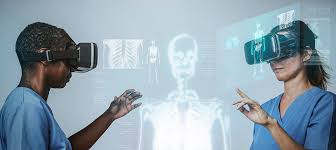 You might be able to relieve anxiety and mental pain by immersing yourself in VR simulations. Yes! This is possible in today’s world. You can experience VR in a completely realistic setting with soothing audio simulations that will put your mind at ease.
You might be able to relieve anxiety and mental pain by immersing yourself in VR simulations. Yes! This is possible in today’s world. You can experience VR in a completely realistic setting with soothing audio simulations that will put your mind at ease.
There is a lot of potential in the future of Healthcare using virtual reality.
This technology has captured the imagination of both medical professionals and clinical researchers. Although the technology is still very young, there are many compelling examples of VR improving the lives of patients as well as the work of doctors.
Top VR Tools To Help Healthcare Perform At Its Best
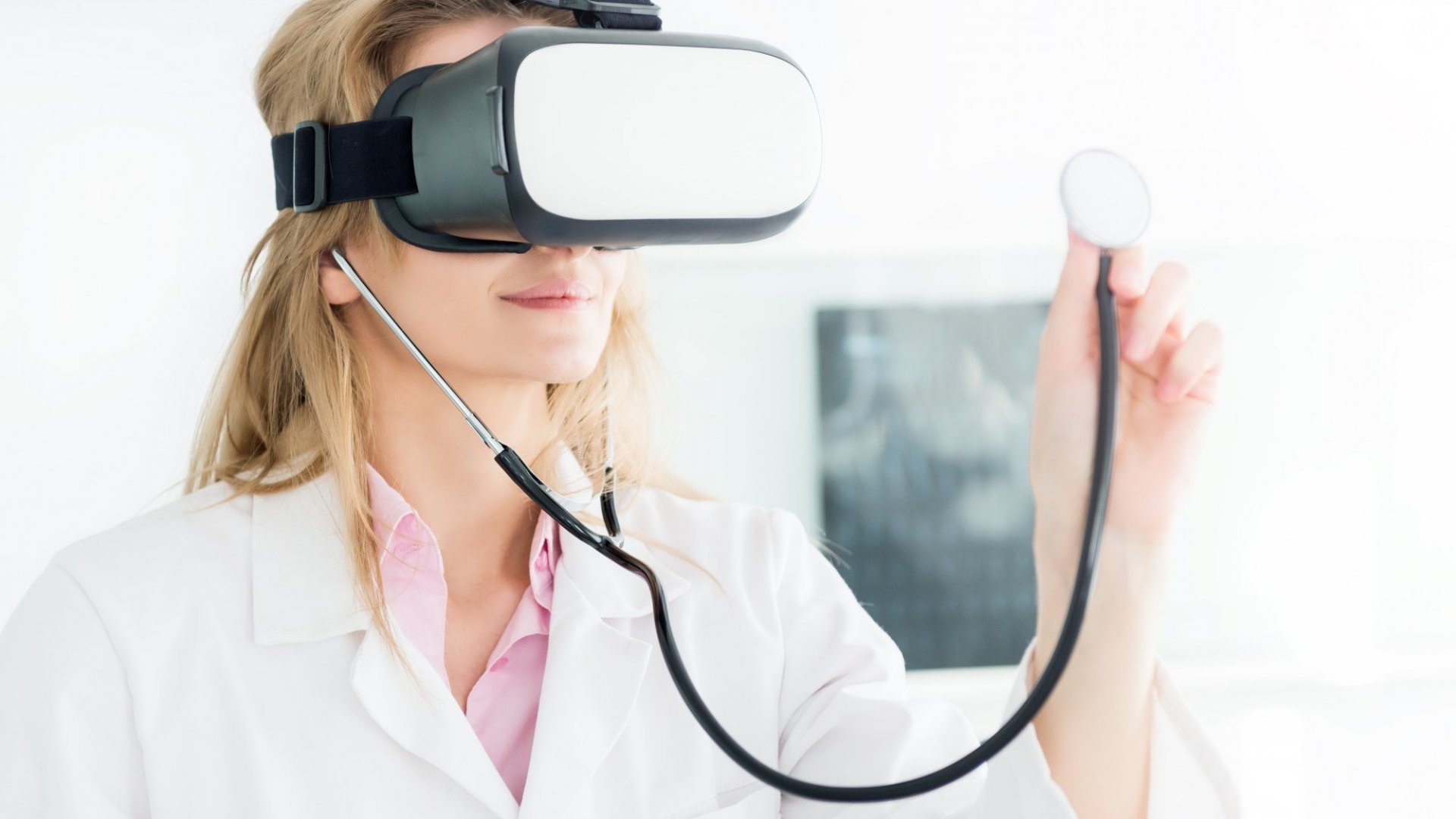 Virtual reality (VR), which can be used to quickly obtain important data and facilitate any interventions before treatment is performed, is a great tool. These tools can be used to create VR healthcare.
Virtual reality (VR), which can be used to quickly obtain important data and facilitate any interventions before treatment is performed, is a great tool. These tools can be used to create VR healthcare.
- Head-mounted Display: The display lenses of HMD solutions such as the Oculus, HTC Vive, and Gear VR are attached to a head strap that is placed around the head. Head-mounted displays allow for a fascinating virtual reality immersion that places objects directly in front of the user.
- Smart Glasses: smart glasses are part of a new breed of smart technology. They are used in healthcare to aid clinicians in performing the correct diagnostic tests and medical treatment, thus improving patient outcomes. Google Glass, for example, is a pair of glasses that can be worn to record video and visualize data during surgery.
- Special gloves for interacting with virtual environments: These VR gloves are among the most recent innovations in VR, but they have the potential for transforming the healthcare industry. The Haptic gloves can be used to simulate surgical simulations and can improve learning by making it more fun and efficient.
5 Major Uses of VR in Healthcare
Medical Training
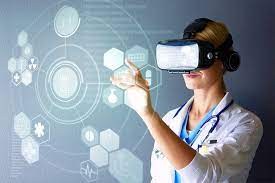 Young doctors and future practitioners need to put their skills to the test in order to be certified.
Young doctors and future practitioners need to put their skills to the test in order to be certified.
High-quality VR training can help them learn the basics and details of many operations. To gain a better understanding of difficult locations and to practice, a learner can be transported into the human body by using VR technology.
Training surgery simulations can be made easier by VR.
Pain Management
Virtual reality (VR) is an effective tool for pain management. Once you have identified the nerves that are causing your pain, you can then decide what course of action to take. In more complex procedures, a series of treatments for muscles, nerves, or drugs can be used. VR has healing properties that reduce the need for medication. VR is a great complement to other methods.
Mental Health & Psychological Therapy
Another application of virtual reality in medicine is mental health care. Virtual reality exposure therapy can be used to treat PTSD behaviorally. PTSD can manifest in a variety of symptoms, including panic attacks, nightmares, delusions, impaired perception, and anxiety. Because VR tends to reduce or prevent these symptoms, it is a useful addition to exposure-based therapy.
Virtual Reality for Children
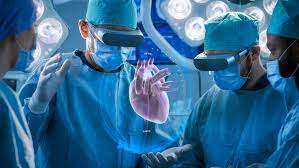 Virtual Reality can be used to help children manage pain by allowing them to focus on other things than medical procedures. This will result in less pain and more comfort during their medical treatment. This will save them money on high-dose painkillers and other costly treatments.
Virtual Reality can be used to help children manage pain by allowing them to focus on other things than medical procedures. This will result in less pain and more comfort during their medical treatment. This will save them money on high-dose painkillers and other costly treatments.
Dentistry
Virtual reality can be a great tool for professionals and dental patients. Wearing VR headsets instead of safety glasses allows patients to unwind and detach themselves from the surgery. New VR training programs are being developed for students and dentists using VR.
Also read:
- Top 5 Effective Ways to Beat Your Competition
- What are the Benefits and the Best Time to Have ACV?
- 12 Facebook Features You Need to Use Today
Future of Healthcare: VR
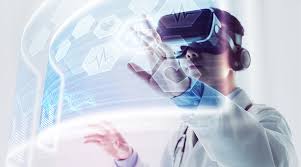 The medical field has great potential for virtual reality. Virtual reality has been proven effective in the treatment of postpartum depression, anxiety, and stroke patients’ recovery. Virtual reality can be used to help individuals with injuries or illnesses. However, there are many unanswered questions about how to use it.
The medical field has great potential for virtual reality. Virtual reality has been proven effective in the treatment of postpartum depression, anxiety, and stroke patients’ recovery. Virtual reality can be used to help individuals with injuries or illnesses. However, there are many unanswered questions about how to use it.
VR in Healthcare is becoming more flexible and will soon become more accessible as the internet becomes more embedded in people’s daily lives.
If used correctly, virtual environments can add value to the healthcare practitioner’s end-to-end support. You will need to work with an AR/VR App Development Agency that can help you with your particular healthcare project.
Thank you!
Join us on social media!
See you!

